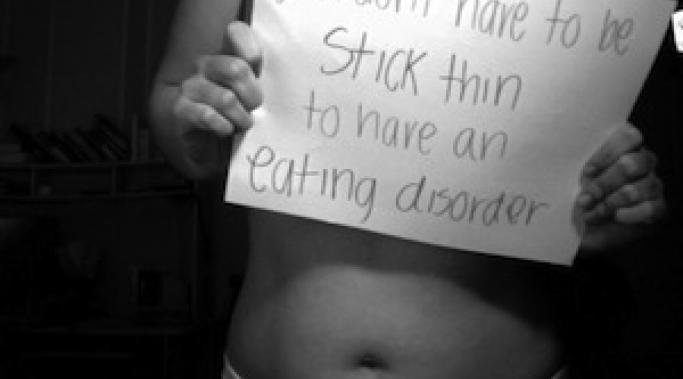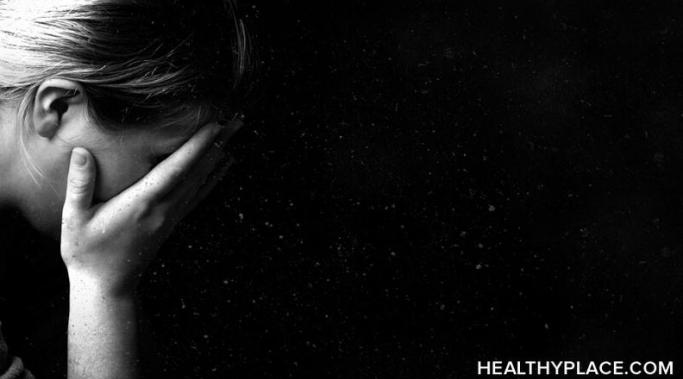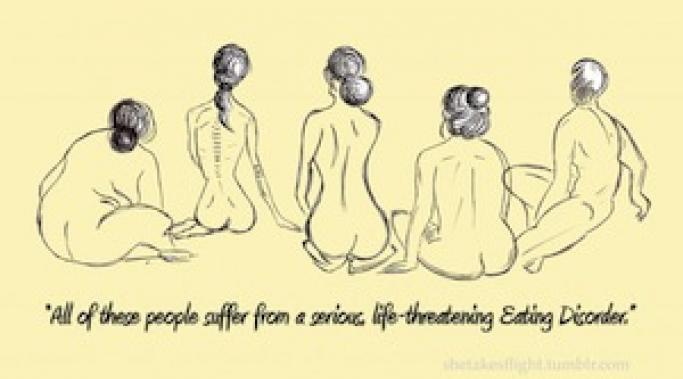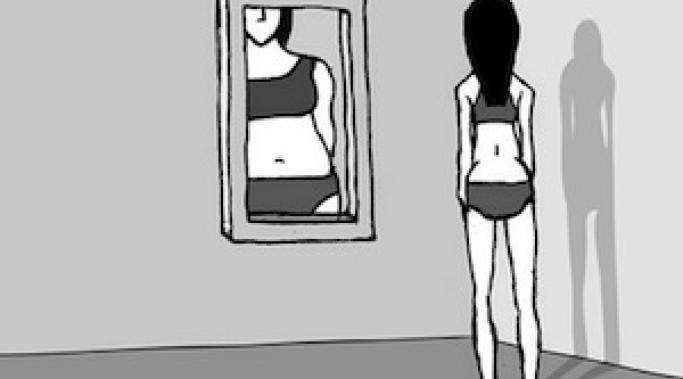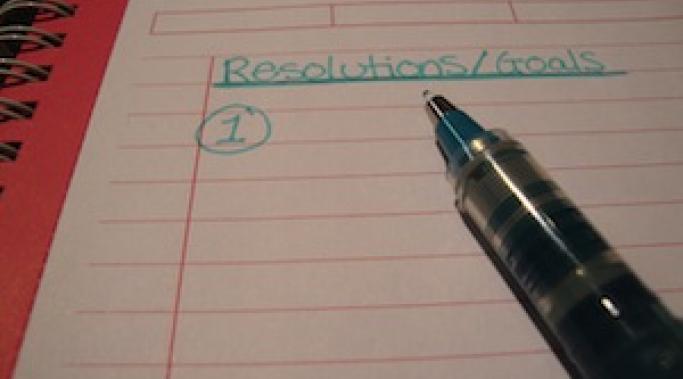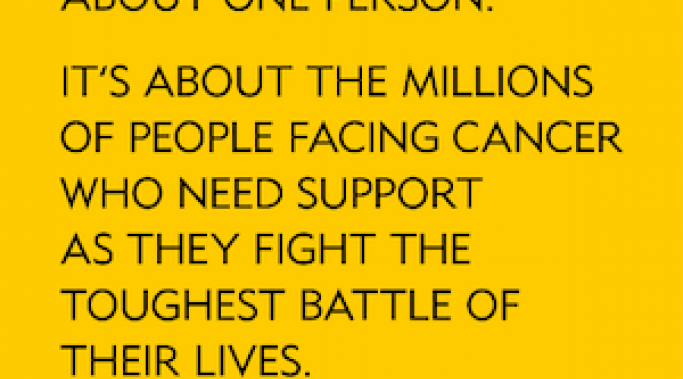As I mentioned in my post during National Eating Disorders Awareness Week, over half of eating disorders in the United States are diagnosed as "Eating Disorder - Not Otherwise Specified" or ED-NOS. It's a tricky thing to pin down, ED-NOS is. The manifestation of this eating disorder is as varied as its many sufferers and carries a stigma and set of problems all its own.
So if I'm diagnosed with ED-NOS - what the heck does that even mean? What does it mean for my recovery? What does it mean for my access to eating disorder treatment?
Surviving ED
One of the most frustrating things about having an eating disorder and attempting recovery is dealing with insurance companies. To be honest, I know of very few people who have had a truly positive experience with their insurance companies. This goes for all levels of eating disorder treatment: outpatient, partial hospitalization, residential, and inpatient. If you're lucky, your eating disorder treatment team will fight for you to get the insurance coverage you need. If you're not lucky, you may be doing it on your own.
While I might one day do an article later about how to deal with your insurance company and fight for the eating disorder treatment you need, today is not that day. Today's post is borne out of pure frustration.
Why Won't Insurance Companies Pay For Eating Disorder Treatment?
Open Letter to Insurance Companies
Even considering to seek inpatient treatment for your eating disorder is a big step. On the whole, we don't like to admit how bad things have gotten. Considering inpatient or residential treatment means that you have to recognize that your behaviors, your thoughts, your eating disorder is out of control. It's nearly inconceivable at some points to think this - after all, isn't your eating disorder what gives you control? Why would we seek inpatient treatment for the eating disorder?
Yeah, okay. It's National Eating Disorders Awareness Week. What's there to be "aware" of? We all know that eating disorders are for vain, pretentious teenage girls. It's just a stage. They'll get over it. And it's not like being "too thin" is going to kill you. That's what everyone believes, right? Everybody has heard of eating disorders at this point, so why are we taking a week to specifically "make people aware"?
This week, February 24-March 2, is National Eating Disorders Awareness Week in the U.S. In this video, I share the ideas behind NEDA Week, as well as how the stigma of eating disorders relates to the Stand Up for Mental Health Campaign on HealthyPlace.com.
I've been listening to some audio teachings by Brene' Brown, a leading researcher on the subject of shame. Shame - that feeling of not being "enough," not being worthy - is something that we with eating disorders are all too familiar with. Brene' says early on, "If you don't claim shame, shame will claim you."
How many of our eating disorders and addictions began out of a place of shame? How many of us have allowed our shame to control our lives and for how long?
Let's be honest: my eating disorder recovery is...shaky at the moment. I admit this to you for two reasons. One: if you're also in recovery from an eating disorder and having a rough time of it, that's normal and you're not alone. Two: if you're on the outside looking in, don't be fooled into thinking that just because your loved one "looks" normal, or stopped purging, or stopped over-exercising, that they're not still struggling.
The fact is, struggling is part of the journey. Nobody said recovering from anorexia, bulimia, binge eating, or any other disordered eating pattern would be easy - and if they did, they were lying to you.
When I took over this eating disorder blog, I did so with two purposes in mind. First, to offer support to those who are also in recovery from their own eating disorders and educate them on how to make their recovery stronger. Second, to help the friends and family of those with eating disorders better understand what their loved one is going through. I think to this point, I have done a decent job on the first purpose. However, my own fear of "too much" self-disclosure has kept me from accomplishing the second.
To be honest, it's hard to put into words just what kind of hell living with an eating disorder is. Especially in the midst of it, when your head is spinning and words seem difficult to grasp. As a result, most of my writings from my worst days of my eating disorder seem to ramble and go off on tangents and almost always ended with the conclusion that I wasn't really sick, I was just crazy and I should just kill myself for being such an attention-seeker.
One of the things any good therapist or dietitian will ask you when you seek treatment for your eating disorder is, “What goals do you have for our time together?”
I’ve done the treatment rodeo enough times to know that this question is coming, but I still stumble over words and fumble trying to find the “right” answer to this age-old question. To be clear, there is no “right” answer – only you can decide what things you are ready to tackle in your recovery. However, when you determine what those things are, there is a way to make effective goals that will further your recovery.
Or, “What Lance Armstrong Has to Do With My Eating Disorder Recovery.”
I was listening to NPR last weekend and they were, of course, talking about the Lance Armstrong interviews with Oprah, in which he admits to doping during the time which he won his seven Tour de France titles. (I wish I could find the link to this report, but after many hours of searching the NPR archives I couldn’t find it.) At one point during the segment, they quoted a psychologist whose point, in short, was that Lance Armstrong probably thought he was doing the best thing by lying about doping.
